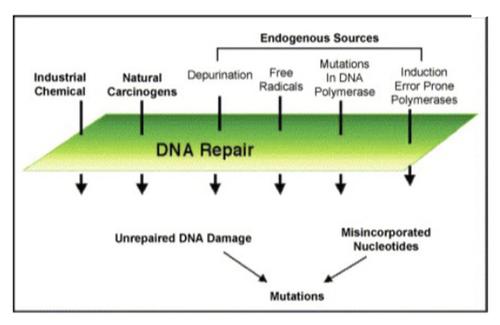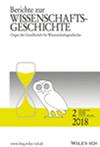基因自我叙事**
IF 0.4
2区 哲学
Q2 HISTORY & PHILOSOPHY OF SCIENCE
引用次数: 0
摘要
这篇文章考虑了二十世纪中期对三种生物现象的遗传解释:营养适应、抗生素耐药性和抗体产生。与此同时,新达尔文综合理论在进化理论中得到强化。我认为,这些同时发生的变化反映了遗传自我的优势叙事,它优先考虑随机遗传变异和竞争选择,并边缘化生理或环境适应。分子生物学的中心教条进一步强化了这种叙述,并与自由主义政治思想非常契合,因为它关注的是自主的个体。然而,要使生物学上的发现与这种说法相一致,就需要修改基因的概念,以解释各种非孟德尔遗传。Hans-Jörg莱茵伯格对叙事和实验的反思在思考战后基因自我理想与生物体如何适应环境的实际观察之间的摩擦时很有价值。本文章由计算机程序翻译,如有差异,请以英文原文为准。

Narratives of Genetic Selfhood**
This essay considers the mid‐twentieth century adoption of genetic explanations for three biological phenomena: nutritional adaptation, antibiotic resistance, and antibody production. This occurred at the same time as the hardening of the neo‐Darwinian Synthesis in evolutionary theory. I argue that these concurrent changes reflect an ascendant narrative of genetic selfhood, which prioritized random hereditary variation and selection through competition, and marginalized physiological or environmental adaptation. This narrative was further reinforced by the Central Dogma of molecular biology and fit well with liberal political thought, with its focus on the autonomous individual. However, bringing biological findings into line with this narrative required modifying the notion of the gene to account for various kinds of non‐Mendelian inheritance. Hans‐Jörg Rheinberger's reflections on narrative and experiment are valuable in thinking about the friction between the postwar ideal of genetic selfhood and actual observations of how organisms adapt in response to the environment.
求助全文
通过发布文献求助,成功后即可免费获取论文全文。
去求助
来源期刊

Berichte zur Wissenschaftsgeschichte
社会科学-科学史与科学哲学
CiteScore
0.80
自引率
16.70%
发文量
43
审稿时长
>12 weeks
期刊介绍:
Die Geschichte der Wissenschaften ist in erster Linie eine Geschichte der Ideen und Entdeckungen, oft genug aber auch der Moden, Irrtümer und Missverständnisse. Sie hängt eng mit der Entwicklung kultureller und zivilisatorischer Leistungen zusammen und bleibt von der politischen Geschichte keineswegs unberührt.
 求助内容:
求助内容: 应助结果提醒方式:
应助结果提醒方式:


